
This event has passed.
34th Annual Meeting ESACT-UK 2024
Event Sponsors
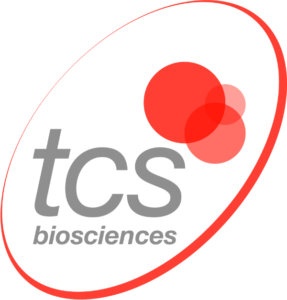




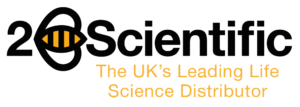


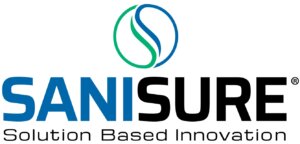
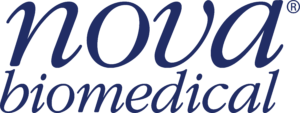
- Conference Overview
- Early-career Researcher
- Sponsorships
- Delegates
The ESACT-UK 2024 Conference will be held in-person on the 10th & 11th January 2024 in Stevenage, UK. We will have Keynote speakers and multiple talks across sessions covering RNA Synthesis, Advanced Therapies, Cellular Agriculture and Antibody Bioprocessing. We will also be showcasing the work of our early career researchers, followed by a panel session focussing on careers and skills. To book your ticket for this event, please go to the ‘Delegates’ tab.
Please note that overnight car parking at the event is provided in the Stevenage South Gate long stay car park, opposite the Holiday Inn Stevenage, and it is charged at £7 per night. Speakers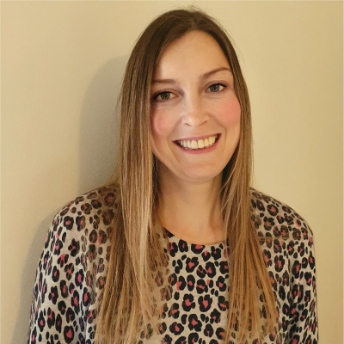 Victoria Smith CPI 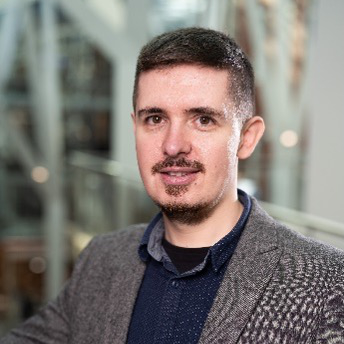 Zoltan Kis University of Sheffield 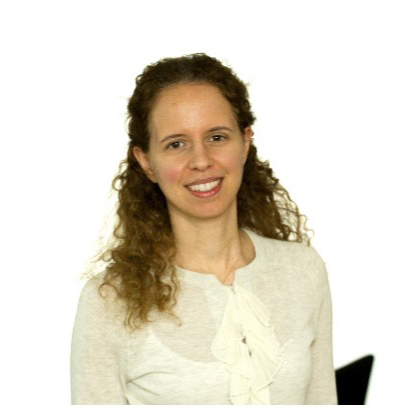 Cleo Kontoravdi Imperial College London  Steve Howe Resolution Therapeutics 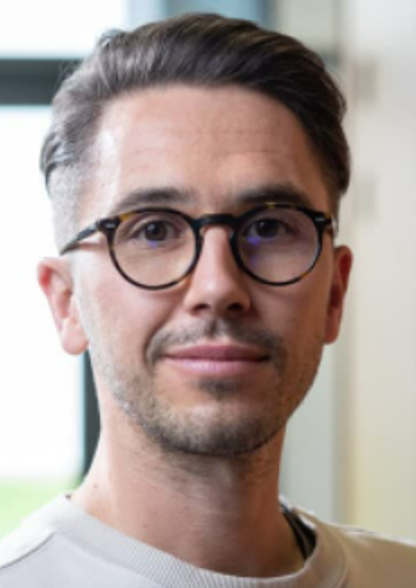 Owen Davies Loughborough University 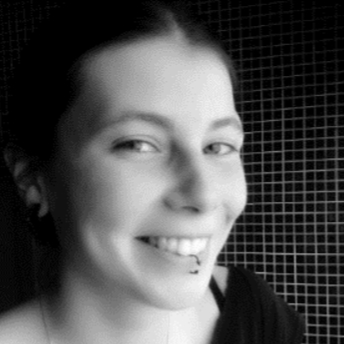 Marcia Mata Cell & Gene Therapy Catapult  Daniel Peters MarraBio 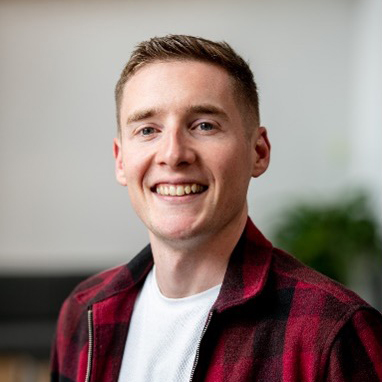 Will Milligan Extracellular 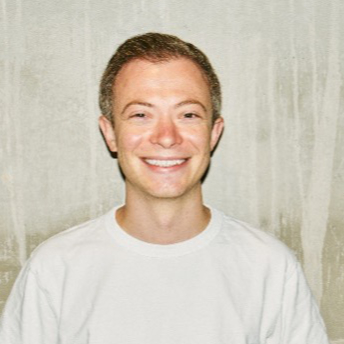 Max Jamilly Hoxton Farms 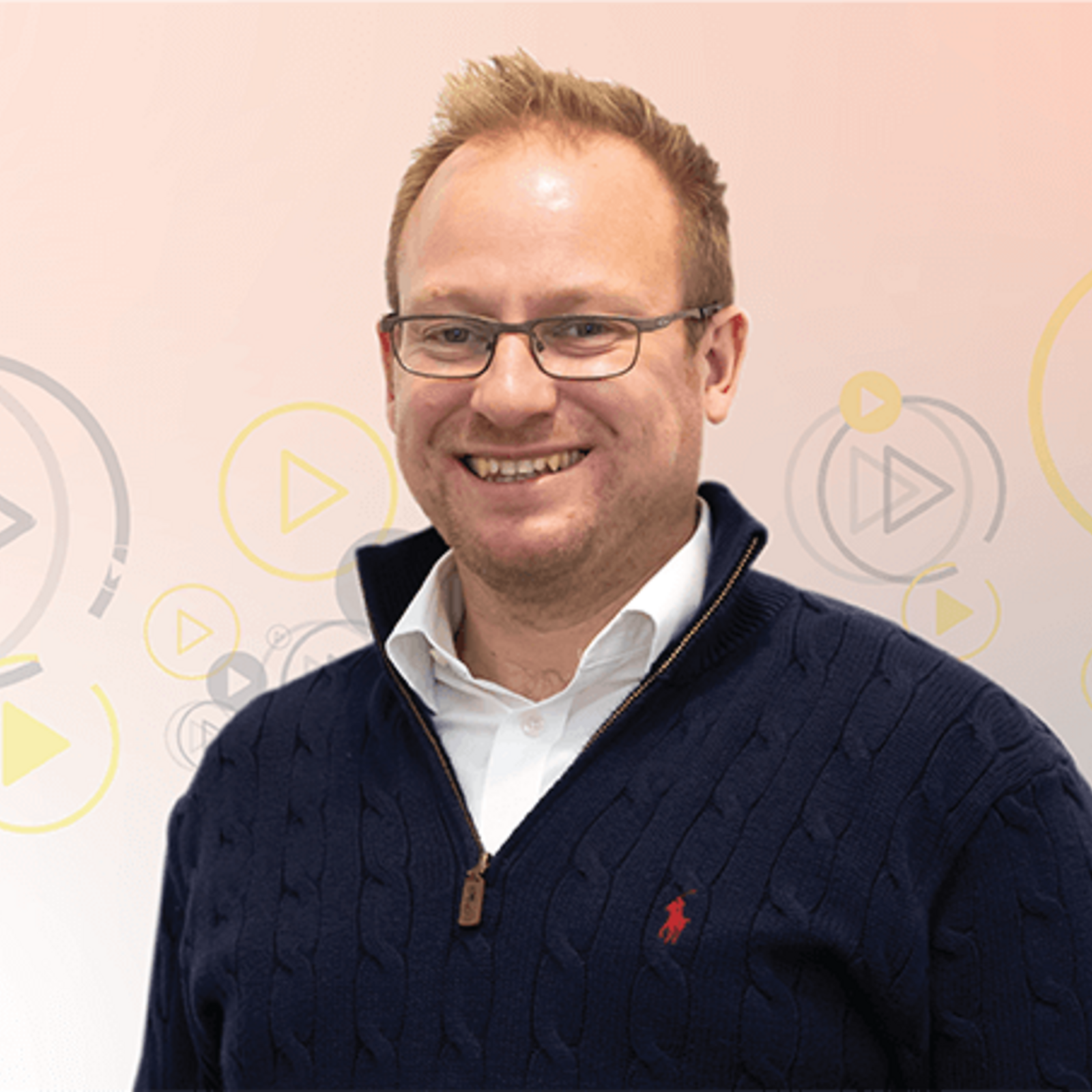 Ivan Wall Quest Meat 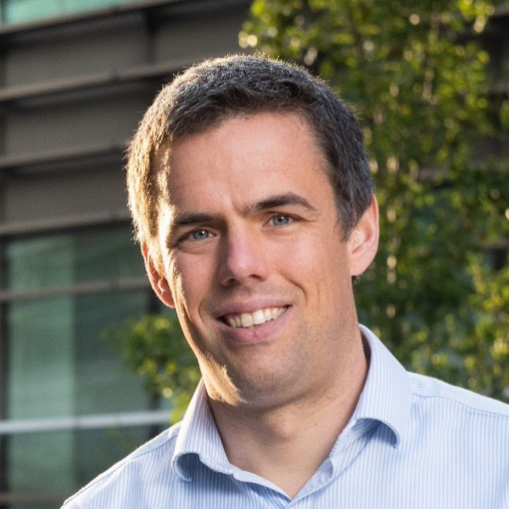 Alexander (Sandy) Douglas Jenner Institute, University of Oxford 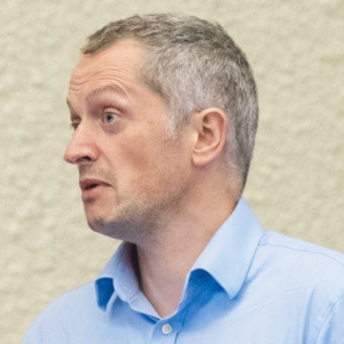 Daniel Bracewell University College London 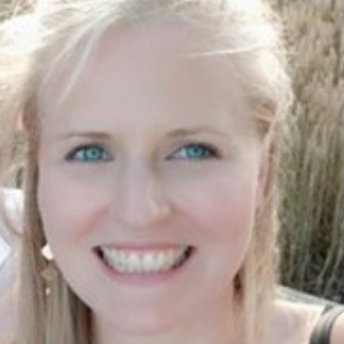 Ruth Rowland-Jones Lonza 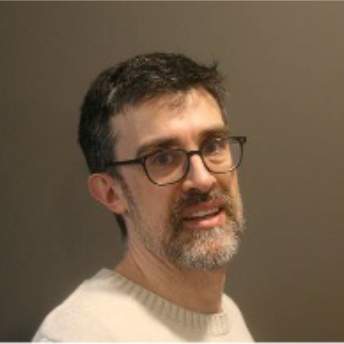 Albor Dobon Alonso Leaf Expression Systems  Preeti Bakrania Life Arc Victoria Smith is a Chief Technologist at CPI. She currently works in Analytical Development, specialising in mass spectrometry applications for protein characterisation. Her leadership at CPI has catalysed advancements, bridging the gap between cutting-edge reseearch and practical application. Join us to gain insights from her remarkable expertise. Dr. Zoltán Kis is a Lecturer at the Department of Chemical and Biological Engineering at The University of Sheffield, and an Honorary Lecturer at the Department of Chemical Engineering, Imperial College London. Zoltán is leading a multidisciplinary team that is innovating and digitalising RNA vaccine and therapeutics production platform technologies. His work is addressing the challenges of producing large volumes of RNA-based vaccines and therapeutics, rapidly, at high quality and at low cost in a disease-agnostic manner. Zoltán has previously worked as a Research Associate in the Future Vaccine Manufacturing Hub at Imperial College London. He obtained his Ph.D. in Bioengineering from Imperial College London, UK, holds an M.Sc. in Applied Biotechnology and a B.Eng. in Chemical with Biochemical Engineering Cleo Kontoravdi is Professor of Biological Systems Engineering at the Department of Chemical Engineering, Imperial College London. She is known for the development of comprehensive platforms for bioprocess understanding, design and optimisation and works extensively with industry, including AstraZeneca, GSK, Amgen and Eli Lilly, on the design and digitalisation of synthetic, cell-based and cell-free manufacturing processes. Beyond protein-based therapeutics, her team is also developing computational tools for the design of innovative vaccine manufacturing platforms, such as RNA vaccines.
Steve Howe – Resolution Therapeutics - The production of macrophage therapies to treat liver disease
Steven has more than 25 years of experience working in cell and gene therapy, including postdoctoral positions at the UCL Great Ormond Street Institute of Child Health, London, before joining GlaxoSmithKline in 2015 as Senior Director of Product Development leading a team in developing manufacturing processes for advanced therapies. During his career Steven has led groups researching a wide range of advanced therapies and technologies to apply them, including viral vectorology, stem cell biology and cell processing. His recent positions have focused on Process Development of manufacturing platforms for translation of cell and gene therapies into the clinic, for disease areas including immune disorders and cancer. In his current role at Resolution Therapeutics, he leads the team responsible for developing manufacturing approaches to produce macrophage-based cell therapies to treat liver disease. Steven has a BSc (hons) in Biology from Bristol University and a PhD from Imperial College, London. Dr Owen Davies leads a multidisciplinary research group that is investigating the roles of cell derived nanoparticles – called extracellular vesicles (EVs) – in musculoskeletal physiology and regenerative medicine. He has been awarded multiple external grants from funding bodies including the Academy of Medical Sciences and EPSRC, as well as a postdoctoral fellowship (EPSRC E-TERM Landscape Fellowship) for his work into EV therapeutics. Owen has generated some of the very first publications on EVs and their application in orthopaedic medicine. His research group is now pioneering EV-based solutions to combat real world healthcare problems such as tissue repair / regeneration and targeted drug delivery. Marcia is an experienced Biological Engineer and holds a PhD in Biotechnology from Instituto Superior Tecnico (Lisbon, Portugal). She has over 10 years’ experience in upstream bioprocessing on the cell and gene therapy field and she has joined Cell and Gene Therapy Catapult 7 years ago, as a Scientist. Now, currently an Associate Lead at the Cell and Gene Therapy Catapult, she has supported bioprocessing efforts across the CGTC programmes, aiming to develop end to end closed and scalable platforms for the production of cost-efficient advanced therapies, within iPSC, Immuno and Gene Therapy, including extensive experience of scaling up/down of processes, harnessing her as an upstream bioprocess SME within the company. More specifically, Marcia has been invested in the establishment of industry-ready iPSC expansion as 3D aggregates with seamless integration of differentiation into the haematopoietic lineage. She is also interested in exploring novel PAT technologies and associated analytics to improve process understanding, monitorization and control within the field. Dr. Daniel Peters is co-founder and CEO of MarraBio Ltd., which spun out from Newcastle University in February 2023. Daniel completed his PhD in structural biology at the University of York in 2014 before moving to Newcastle University in 2015 to work on the engineering and characterisation of Caf1 proteins with Prof. Jeremy Lakey in 2015. He then explored options for commercialising the technology through the ICURe programme as entrepreneurial lead, before joining the company upon its foundation. Daniel’s main research interest is in the design and engineering of proteins, and how these can be used to solve manufacturing problems in the production of cells for food and therapeutic uses. Extracellular is setting out to be the global first-choice manufacturing partner for cultivated meat manufacturers. Based in the UK with a global customer base, Extracellular has established world-leading capabilities, with expertise in small-scale optimisation for process development, high-throughput media development, cell-line development and cell-banking, and scale-up capabilities to accelerate the timeline to commercial scale. Will Milligan is CEO and Co-Founder of Extracellular, the world’s first manufacturing and R&D partner dedicated to supporting cultivated meat and seafood manufacturers. Will is an expert in biomanufacturing, with more than a decade of experience in process development and scale-up across stem cells, gene therapies and cultivated meat. Will was formerly Head of Upstream Processing at a UK-based biotech CDMO and consultancy, and holds an Engineering Doctorate in Biopharmaceutical Process Development. Max Jamilly is the co-founder of Hoxton Farms. Based in London, Hoxton Farms are cultivating a deliciously fatty future. They grow real animal fat – without the animals – as an ingredient for irresistible meat alternatives. Max has a PhD in synthetic biology from Oxford and two degrees in biotech and business from Cambridge. He has spent the past decade in the UK and US using biotechnology to solve problems in healthcare, climate and food. Ivan is a scientist turned entrepreneur, who is passionate about driving positive change through technology and innovation. He is co-founder and CEO of Quest Meat. He completed a PhD in cell biology and regenerative medicine as well as an MBA. His academic career started at University College London and then Aston University where his team worked at the interface of stem cell science and bioprocessing, addressing process development, microscale tools innovation and quality/analytics development. Most of his work was focused on stem cell therapies for medicine and he has translated this knowledge to cultivated meat. Ivan is also Professor of Regenerative Medicine at University of Birmingham, as well as co-founder and CEO of FourPlus Immersive, a software company developing solutions for pharma and education. Sandy trained clinically as a pharmaceutical physician. He leads a research group at the University of Oxford with interests in vaccine manufacturing and in translational development of novel vaccines, including against rabies and Epstein Barr virus. He and his team developed the core of the process used to make the Oxford / AstraZeneca COVID-19 vaccine at large scale, and the model of internationally distributed manufacturing of the product using multiple existing facilities. Before AZ’s involvement in the programme, he established the CDMO consortium which scaled up production in the UK, and initiated technology transfer to major Indian & Chinese manufacturers. He leads the University of Oxford Bioprocess & Analytical Development (‘BiPAD’) team, which bridges between innovator academics and GMP manufacturing facilities. He has a particular interest in reducing technical, IP and financial barriers to early-phase clinical trials and experimental medicine. Daniel G. Bracewell is a professor of Bioprocess Analysis at the UCL Department of Biochemical Engineering. He ‘s led cutting-edge research, securing over £10 million in research funds and driving global collaborations. He is currently supervising 15 projects, some of which are in tandem with industry. His work birthed Puridify, acquired by GE Healthcare (now Cytiva) in 2017. Join us to learn from this visionary leader shaping bioprocessing’s future. In 2022, Ruth joined the Lonza business as a Senior Principal Scientist within Global Biologics Technical Development. Ruth has 10 years of experience working in biopharmaceutical process development including implementation of advanced process analytics and multivariate data analysis working previously for companies such as GSK. Ruth is a global technical implementation manager, supporting the implementation of numerous projects across the Lonza Network including the Lonza fed-batch process intensification capabilities as well as numerous internal digitalization projects. Albor is a Senior Molecular Biologist at Leaf Expression Systems. He graduated from the UPV (Spain) with a MSc. Eng. in Agronomy and a PhD in Plant Biotechnology. He has been a Marie Curie Fellow at the John Innes Centre where he has been involved in several projects. He has an extensive experience working in plant biology and plant biotechnology. Preeti Bakrania, leads the Biologics Discovery and Development team in LifeArc’s Therapeutic Translation Platform group within Translational Sciences. She oversees a team of 25 scientists based at our sites in Stevenage and the Francis Crick Institute who are dedicated to the successful delivery of high-quality biological therapeutics to support LifeArc’s Portfolio. She obtained her PhD in Biochemistry at the National Institute for Medical Research and has more than 20 years research experience working in a number of disease areas including neuroscience, oncology and ophthalmology with postdoctoral roles held within UCL, University of Cambridge and University of Oxford. She joined LifeArc 15 years ago and is an experienced project and portfolio manager where she managed LifeArc’s world-leading antibody humanisation portfolio, which has resulted in the development of five commercialized drugs, including Keytruda® and Leqembi® and also led LifeArc’s portfolio to generate fully human antibodies using the Intelliselect® Transgenic Platforms against a number of target classes across a wide range of disease areas for pre-clinical development. Preeti is a passionate scientist that thrives on the successful delivery of drug discovery programs to the clinic for the benefit of patient healthcare and has a track record of success with a number of publications, named inventor on four patents and has been a Board Observer for DJS antibodies which was recently acquired by Abbvie. | 34th Annual Meeting ESACT-UK 2024Date & Time Attendee Info Location Agenda2024-01-10 09:00 Registration 11:00 Set-up & Introduction to conference ESACT-UK committee chair 11:15 Session 1 - RNA & Cell-free synthesis Keynote 1: Victoria Smith – CPI Zoltan Kis – University of Sheffield Cleo Kontoravdi – Imperial College London 12:50 Lunch 14:00 Session 2 - Advanced Therapies Steve Howe – Resolution Therapeutics Owen Davies – Loughborough University Marcia Mata – Cell & Gene Therapy Catapult Daniel Peters – Marrabio
15:40 Comfort Break 16:10 Session 3 - Cellular Agriculture Will Milligan – Extracellular Max Jamilly – Hoxton Farms Ivan Wall – Quest Meat 17:25 AGM 17:40 Posters, trade stands & networking 20:00 Dinner 2024-01-11 09:00 Introduction to Day 2 ESACT-UK committee member 09:10 Session 4 - CHRSA presentation & Early Career Researchers CHRSA presentation – Alexander (Sandy) Douglas ECR talk 1-3 ECR poster flash 1-4 11:15 Comfort Break 11:45 Session 5 - Question time: careers & skills session Panel discussion & Q&A 12:30 Lunch 14:00 Session 6 - Antibody Bioprocessing Keynote 2: Daniel Bracewell – UCL Ruth Rowland-Jones – Lonza Albor Dobon Alonso – Leaf Expression Systems Preeti Bakrania – Life Arc 16:00 Prize Giving & Wrap-up ESACT-UK committee chair |
Early career researchers are encouraged to take part in our 34th annual meeting and submit an abstract to present as an oral, poster flash or poster presentation. This year we are looking to maintain the increased proportion of early researchers in the scientific programme, so if you are an early career researcher (within 7 years of completing a BSc) and would like to present your work, please submit a high quality scientific abstract for oral, poster flash or poster using this template and upload this in the ‘Contact Us’ tab addressed to the Secretary. The deadline for abstract submission is Friday 27th October 2023.
The ESACT-UK organising committee will review the applications and select candidates for each presentation type (dependent on the abstract being relevant to cell culture biotechnology, committee decision is final. All successful candidates will be awarded a full or partial bursary to attend the meeting. We therefore ask applicants not to register for the meeting at this time and if successful you will be given details on the bursary and registration separately.
All attending early career researchers will be eligible for the prize for the best presentation (£500 bursary for an event of their choice), best poster (£250 bursary for an event of their choice) and poster flash presentation (£100 bursary for an event of their choice).
The early career researcher must be a member of ESACT-UK. Membership is free to join for students and more details on how to become a member are on our ‘Join us’ page.
For any questions about abstract and bursary applications, please do not hesitate to get in touch via the ‘Contact us’ page and address correspondence to the Secretary.
GOLD Sponsor x 1 – £3000Company to become the official sponsor of the conference.Package includes:
If you wish to submit a poster please send an abstract via our contact page selecting ‘trade’ as the recipient by 30th November 2023 and we ask for the poster to be scientifically based. Please note representatives of the ESACT-UK committee will refuse posters focused on a sales pitch. Please note accommodation is not included in this package.
SILVER Sponsor x 1 – £2250Company to become the official sponsor of the early careers session.
Please note accommodation is not included in this package.
BRONZE Sponsor x 3 – £1300Company to become the official sponsor of a session.
Please note accommodation is not included in this package.
Exhibitor x 13 – £900
Please note accommodation is not included in this package.
Additional exhibitor pass x 25 – £275Package includes the following for one additional exhibitor:
Please note accommodation is not included. |
The ESACT-UK Annual Conference will be held at the Holiday Inn, Stevenage on 10th and 11th January 2024. This year, our exciting agenda will cover RNA and Cell-Free Synthesis, Advanced Therapies, Cellular Agriculture and Antibody Bioprocessing. We will also have a first for the ESACT-UK conference – ‘Question Time’ with a focus on careers and skills. And of course, we will have our Early Careers Session showcasing work of the Early Career Researchers from the ESACT-UK community. You will find details of all our confirmed speakers on our event homepage. The 2024 delegate conference registration cost includes: – Conference dinner on 10th January – Accommodation at the Holiday Inn, Stevenage on 10th January – Access to our networking event and all talks across the two days – Access to the exhibition Book your tickets early to take advantage of early bird rates. Early bird registration rates are available until 30th November 2023. ESACT-UK members will receive discounted registration rates (£100 discount for members will be applied at the checkout on provision of the discount code). To receive your unique code to take advantage of this offer, please use the ‘Contact Us’ page and request the code via the Secretary. If you would like to take advantage of a group booking (discounts can be applied), please get in touch via the ‘Contact Us’ page. If you would like to become an ESACT-UK member to take advantage of the discounted rates, or you would like to contact the ESACT-UK committee for any queries related to registration or bursary applications please follow this link. We look forward to welcoming you to our event in January! |
Holiday Inn Stevenage
Stevenage, SG1 1HS United Kingdom